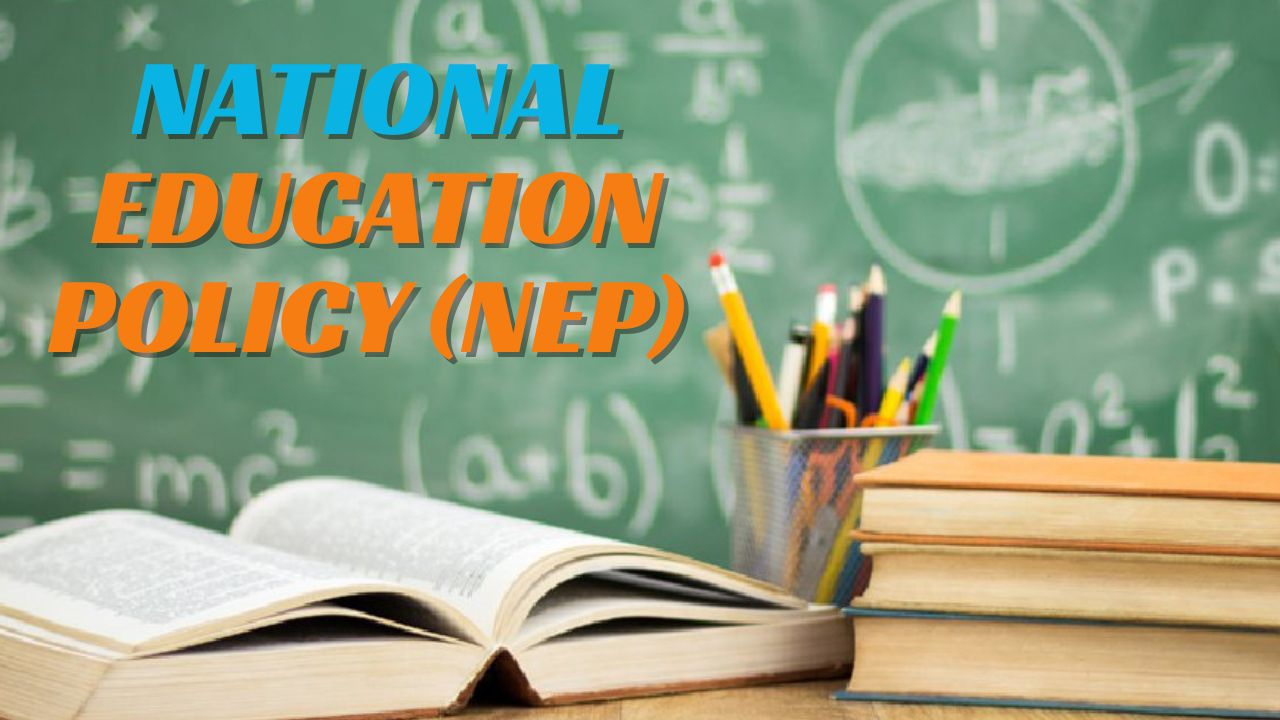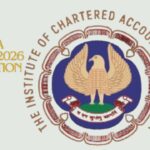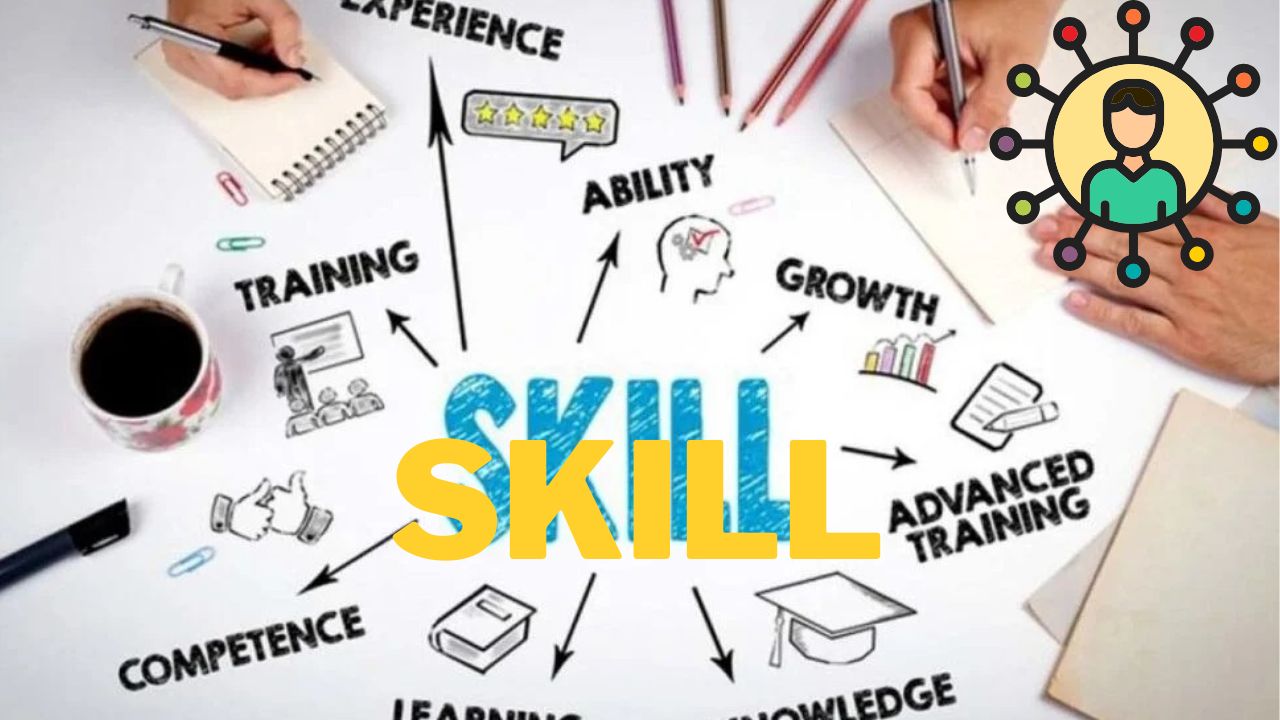Union Education Minister Dharmendra Pradhan, in an engaging conversation with The Hindu’s Political Editor Nistula Hebbar and Senior Deputy Editor A.M. Jigeesh, shared his views on the National Education Policy (NEP), reservation, language policies, governance in higher education, and India’s global educational standing. The event was part of The Hindu’s Mind Series, held at the Multipurpose Hall, India International Centre on September 22, 2025.
During the session, Mr. Pradhan lauded the NEP as both rooted in Indian ethos and futuristic in approach, while addressing pressing concerns ranging from student dropouts to geopolitical challenges such as the U.S. H-1B visa fee hike.
NEP and Language Policy: A Flexible Approach
Responding to a question on the three-language policy under the NEP, the Minister clarified that the policy does not mandate any particular language.
- For Classes 1 to 5, the NEP recommends a two-language policy, where one language serves as the medium of instruction and the other is taught as a subject.
- For Classes 6 to 10, a three-language policy is introduced, with at least two of the three languages being Indian. The choice of languages, however, is left to students.
- In Hindi-speaking states, students are free to choose any language as an additional subject.
“NEP doesn’t emphasise on any language,” Mr. Pradhan reiterated, stressing that linguistic flexibility empowers students rather than restricting them.
Summary Table
Key Point |
Details |
|---|---|
Event |
The Hindu Mind Series with Union Education Minister Dharmendra Pradhan |
Date & Venue |
September 22, 2025, Multipurpose Hall, India International Centre |
NEP and Language Policy |
No emphasis on any language; flexible choice for students |
School Dropouts |
Multimode strategy to achieve 100% enrolment till Class 12 |
Reservation |
Affirmative action essential, but no section should feel isolated |
Governors’ Role |
Institutional heads of universities, not political appointments |
Mental Health in Education |
NEP encourages teaching in students’ chosen language |
US Visa Hike |
Indian institutions strong enough to withstand global shocks |
Future Vision |
India is prepared for a quantum jump in education and innovation |
Official Education Ministry Site |
Addressing Student Dropouts and Educational Reforms
One of the pressing concerns in Indian education is the dropout rate at the secondary and higher secondary level. While enrolment at the entry-level remains nearly universal, the Minister acknowledged a significant decline by the time students reach Class 12.
To address this, he proposed a multimode strategy, which includes:
- Ensuring curriculum flexibility so students can choose subjects that interest them.
- Making education stress-free and fear-free.
- Strengthening support systems to retain students until the completion of school education.
Mr. Pradhan underlined that achieving a 100 percent enrolment up to Class 12 is critical if India aims to become a developed economy by 2047.
Reservation and Social Justice
On the sensitive issue of reservation in higher education, Mr. Pradhan emphasized that affirmative action is a constitutional responsibility designed to uplift historically deprived sections.
He highlighted three key points:
- Reservation has been part of India’s social fabric for nearly eight decades.
- It has played a vital role in promoting equality and representation.
- No section of society should feel isolated in the process.
The Minister also pointed out that Prime Minister Narendra Modi was the first leader to extend reservation benefits to economically weaker sections of upper castes, reflecting the evolving nature of India’s social policies.
Governors as Heads of Institutions: A Historical Perspective
Addressing the role of Governors in higher education, Mr. Pradhan described their position as institutional rather than political. He argued that this practice is rooted in pre-Independence traditions and continues to be relevant today.
He criticized some states for attempting to dilute the Governor’s authority by replacing them with Chief Ministers or Education Ministers as Chancellors of universities. According to him, such practices undermine both judicial norms and regulatory frameworks.
Tackling Mental Health and Language Barriers in Higher Education
Mr. Pradhan also addressed the rising cases of student suicides in higher educational institutions, pointing to linguistic challenges as a contributing factor.
For example, he mentioned cases where students from Hindi-medium backgrounds struggled in English-dominated institutions such as IIT Dhanbad and IIT Madras. To address this, the NEP recommends that students should be allowed to learn and even study technical courses in their preferred language.
This, he argued, would help reduce stress, improve comprehension, and create a more inclusive educational environment.
Faith in Indian Institutions Amid Global Challenges
Amid discussions on the US H-1B visa fee hike to USD 100,000, Mr. Pradhan reaffirmed his confidence in Indian institutions.
- He highlighted that while 5 crore students are enrolled in higher education in India, only a small fraction pursue studies abroad.
- Institutions of national importance in India, he argued, are fully capable of producing graduates of global standards.
- He cited ISRO’s Chandrayaan mission as proof of India’s talent, developed domestically without exclusive reliance on elite foreign-trained graduates.
“Shocks like visa hikes may appear every few decades, but India has the academic ecosystem to stand resilient,” he said.
India’s Global Aspirations and Achievements
When asked about India’s global position, Mr. Pradhan expressed optimism. He hailed the contributions of IITians, IIM graduates, and state university alumni in global institutions and industries.
He stressed that India is prepared for a “quantum jump” in education and innovation, while acknowledging the geopolitical realities that influence migration and opportunities abroad.
Political and Personal Notes
The session also touched on Mr. Pradhan’s political perspectives:
- On the BJP’s leadership succession, he stated that the party is democratic and will follow due process in choosing its next president.
- On his relationship with former Odisha Chief Minister Naveen Patnaik, he described it as warm and cordial, praising Mr. Patnaik’s dignity and legacy.
- He expressed confidence that the BJP will remain a strong force in Odisha, citing its growth from scratch to securing 40 percent of votes.
Frequently Asked Questions (FAQs)
Q1. Does the NEP mandate Hindi or any specific language?
No. NEP does not emphasize any language. It only recommends a flexible two-language policy in early grades and a three-language framework in middle school, with student choice as the guiding principle.
Q2. What steps is the government taking to reduce student dropouts?
The government is working on a multimode strategy involving subject flexibility, student engagement, and creating a stress-free learning environment to ensure enrolment till Class 12.
Q3. What is the role of Governors in universities, according to the Minister?
Governors are considered institutional heads of universities, a pre-Independence practice that Mr. Pradhan believes should continue.
Q4. How is the NEP addressing student mental health issues?
The NEP promotes multilingual education even in technical institutions, allowing students to study in their preferred language to reduce stress and improve comprehension.
Q5. What is India’s approach to the US H-1B visa fee hike?
Mr. Pradhan emphasized faith in India’s own academic ecosystem and institutions, arguing that the country can withstand such global challenges and still produce world-class talent.
For More Information Click HERE












